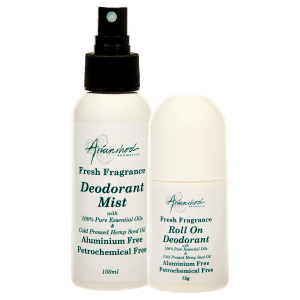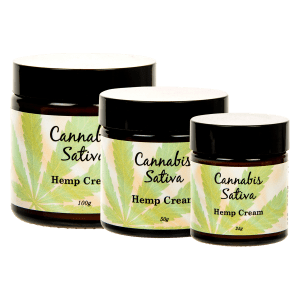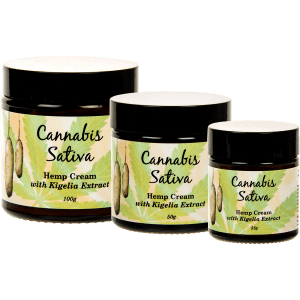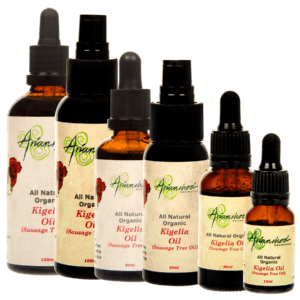Wearing a face mask has now become a norm. It has become part of our daily routine whenever we go out of our homes. It is even more critical when going to public places like grocery stores, restaurants, and shops. While using a face mask helps slow the spread of COVID-19, prolonged use may lead to skin problems. One of these is maskne, which we will talk about more as you read this article.
What is Maskne?
According to Healthline.com, “maskne” is “an umbrella term for several skin conditions that can be caused by wearing a face mask or covering”. Maskne is the condition where you develop breakouts of common skin irritations and acne from wearing a mask, hence the term. Maskne not only causes pimples but may also include other skin issues like redness, bumpiness, and irritation.
How real is maskne? Dermal clinician Robyn Jackson in abc.net.au said that she has seen more people seeking treatment for maskne at her clinic on the Sunshine Coast.
“I have in the past probably three weeks seen an increase and we’ve sort of aligned it with the fact that masks are mandatory…Even older people are starting to get irritations and breaking out on the chin area.”
Dr. Joyce Park, a board-certified dermatologist, said: “It’s an extremely common skin condition right now, during the pandemic. However, ‘maskne’ is not just limited to acne. When people refer to maskne, they might sometimes be referring to exacerbations of other conditions, like rosacea, seborrheic dermatitis (eczema), or perioral dermatitis. This may be an exacerbation of a previous condition or new development of a skin condition.”
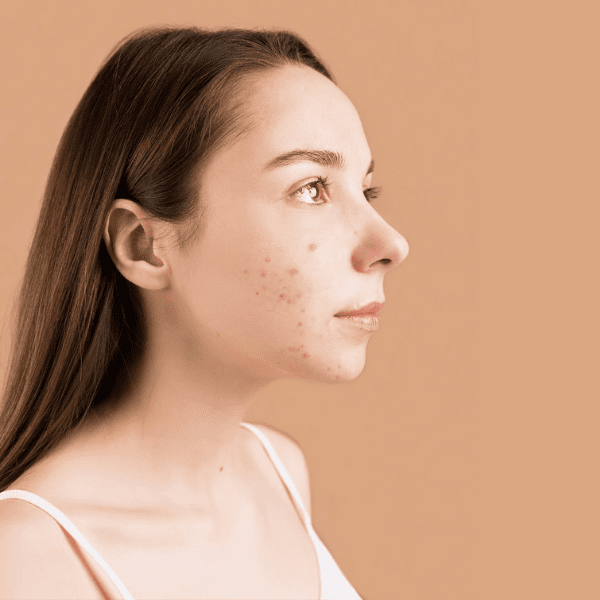
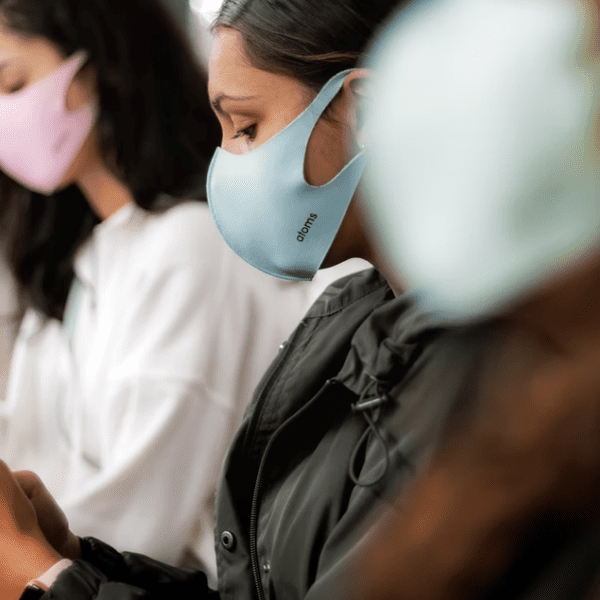
What Causes Maskne?
Maskne is a form of “acne mechanica” – acne that occurs when friction and pressure is repeatedly applied to the skin. This type of acne breakout usually happens when your skin is rubbed, squeezed, or stretched, such as it might be when wearing masks regularly.
Common acne may be caused by a combination of clogged pores, hormones, and bacteria. Wearing a mask can exacerbate this by trapping for prolonged periods combined with additional humidity from your breathing. Add in the repeated friction of a mask against your skin that can cause inflammation over time as well and you have a recipe for maskne.
Dermal clinician Ms. Jackson said “maskne is caused by substances such as oil, bacteria, and dead skin cells becoming trapped under the mask that then blocks the pores and is a perfect environment for pimples. The masks trap the humidity because you’re breathing in and you’re perspiring under that mask area. [Other causes] can be friction, people touching the mask and moving it around, and the rubbing on the skin can create chafing and irritation.”
While friction, humidity and a bacteria jail from wearing a facemask may cause maskne, other factors can contribute to it.
- Wearing makeup while using your face mask or covering can increase the clogging of pores.
- Masks can trap sweat and humidity, and ironically, heat and sweat may also cause the skin to become dry, itchy, and raw, causing some other forms of maskne.
How do you know if you have maskne? Dr. Teo Wan Lin, one of Singapore’s prominent dermatologists explained”
“The appearance of maskne is similar to that of typical acne and can take the form of comedones, papules, and cysts. However, much more significant is the distribution of these acne bumps…maskne exclusively affects the area covered by the face mask. This takes on more of an O-Zone pattern – the cheeks, the area around the mouth, around the nose, and the jawline.”
Tips to Prevent Maskne
While maskne is real and can harm our skin, wearing a facemask is required in many circumstances. Dermatologist Michael Freeman said it must stay on to ‘save lives.’ In Australia, when the Victorian state government mandated the wearing of masks during that state’s second outbreak, their guidelines stated ‘[y]ou must carry a face mask with you when leaving home’ (Department of Health and Human Services Victoria, 2021). The same has been especially true in NSW and has been seen in other states as well.
Since wearing a face mask is now part of our daily lives (and may continue to be so even as restrictions ease), how do we prevent maskne?
Below are some of our mask usage tips:
- Clean your fabric masks daily and single-use masks should not be used repeatedly (we want to avoid that build-up of oils, dead skin and bacteria).
- Avoid touching your mask. It can cause friction and also bring bacteria and more oils from your hands that could lead to infection.
- The American Academy of Dermatology Association recommends removing your mask for 15 minutes every 4 hours to give your skin a break.
- Dr. Thivi Maruthappu, a Consultant Dermatologist, said “Consider choosing soft fabrics such as cotton, which is gentler on the skin and is less likely to cause friction than synthetic fibers such as polyester.”
- Healthline.com recommends applying a moisturiser before wearing a mask. If your skin tends to be dry, a mask may irritate it. Applying a non-comedogenic moisturiser like Sativa Fade can help hydrate your skin.
- Simplify your skincare routine and avoid wearing makeup when using face masks.
- Wash your face before and after using a face mask.
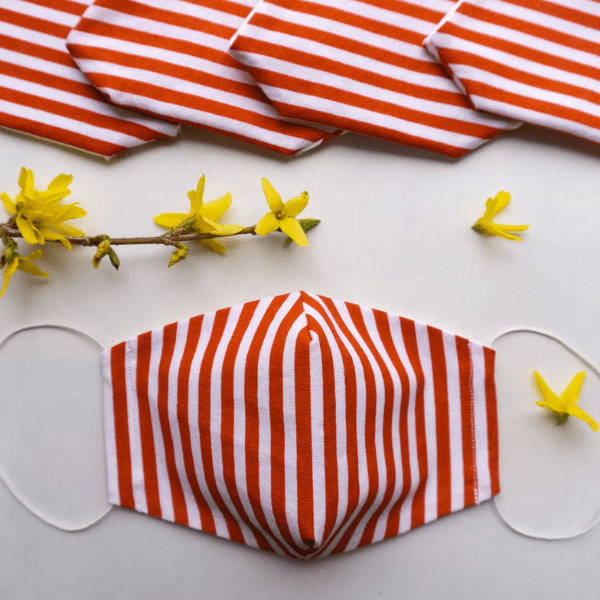
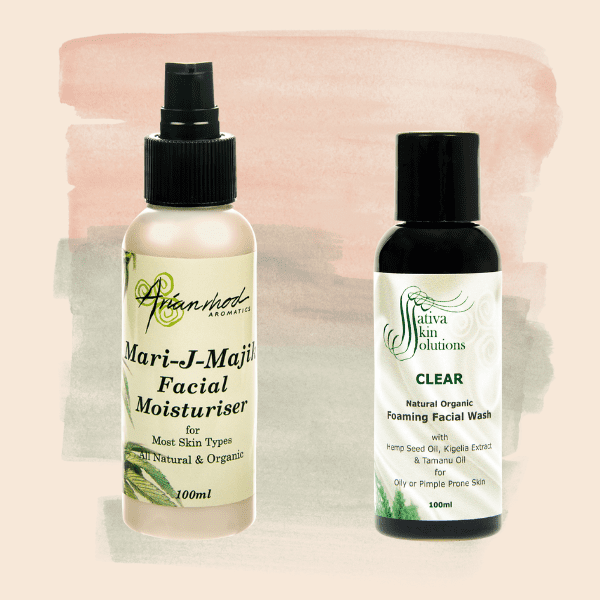
Dermatologists also recommend doing these strategies at home to take care of your face and prevent the breakout of maskne.
Apply a Topical Antibiotic Cream
Bacteria may build-up due to prolonged usage of masks which may cause acne. Dermatologists advise applying a topical antibiotic cream or gel on your face to avoid this.
Moisturise Often
A mask may irritate your skin and dry it out. If you have dry skin, help hydrate your skin by applying a non-comedogenic moisturiser. A moisturiser can lessen the friction and put a barrier between your skin and the mask.
We recommend using Mari-J-Majik Facial Moisturiser – a luxuriously rich facial moisturiser which absorbs to feed your skin with just the right balance of nutrients and moisture it needs. It also has cold-pressed Australian Hemp Seed Oil which is well known for aiding in clearing up acne.
Use a Gentle Skin Cleanser
Excess oil, sweat, and bacteria can be removed with the help of gentle cleansers. Avoid cleansers that contain alcohol or perfume to avoid extra skin irritation.
Our Sativa Clear Facial Cleanser products are formulated especially for oily, ‘hormonal’ skin conditions, particularly for acne at any age and those dealing with sensitive damaged skin.
How to Treat Maskne?
The likelihood of developing maskne with frequent mask use is high. And if you are one of those who suffer from this break-out, it is not the end. There are several ways to treat maskne symptoms.
Wash Your Face Regularly
You should continue doing your regular skincare routine even in this time of pandemic and that includes washing your face. To keep your face clean and oil-free, wash it regularly. You should wash early in the morning, after sweating or after wearing a face mask, and before going to bed at night. It is best to use lukewarm water when washing your face and then pat it dry with a clean towel. Avoid touching your face or rubbing your face that may lead to irritation.
Use a Gentle Cleanser and a Non-Comedogenic Moisturiser
You probably want to get rid of your maskne immediately but make sure to choose a gentle cleanser and a non-comedogenic moisturiser. Products that contain alcohol and perfume are often irritating to the skin and can also clog your pores which may worsen the condition.
If you have sensitive skin, make sure to ask your doctor or dermatologist for the best type of medicated cleanser to use for your skin.
Apply Moisturiser with Ceramides
To help relieve itching and irritation, experts suggest you may apply a moisturiser that contains ceramides or by increasing your intake of foods that induce natural ceramide production in your skin, like sweet potatoes, soy, wheat, rice and corn. Our Sausage Tree Cream is rich in lipids, the fatty acids that are known as ceramides and is a great option to help relieve itching and irritation.
Take a Break From Make-Up
Allow your face to breathe by skipping make-up while treating your maskne. Make-up products may further irritate your skin and clog your pores causing the healing to take much longer.
“By avoiding the application of foundation and blush, the skin is allowed to return to its natural oil balance and hydration,” explains Nadia Kihiczak, MD, a dermatologist at Spring Street Dermatology in New York City.

Maskne is real and it happens more frequently than you might think, even pre-pandemic. Take care of your skin to help prevent it and save yourself from unwanted break-outs. If you have a particularly severe maskne that goes beyond bad acne make sure to consult or follow up with your doctor or dermatologist as soon as possible.

